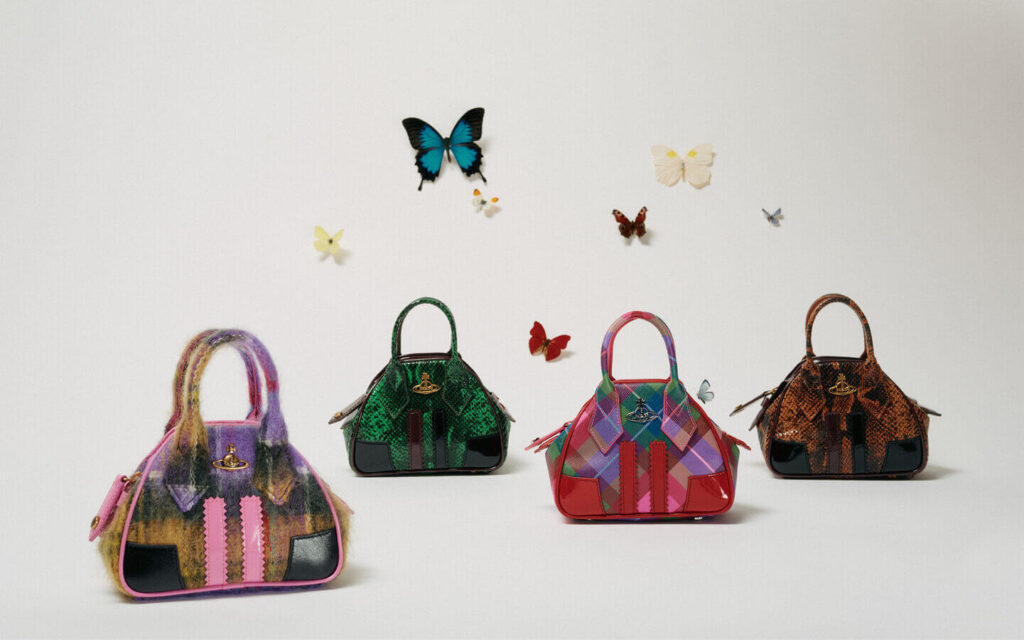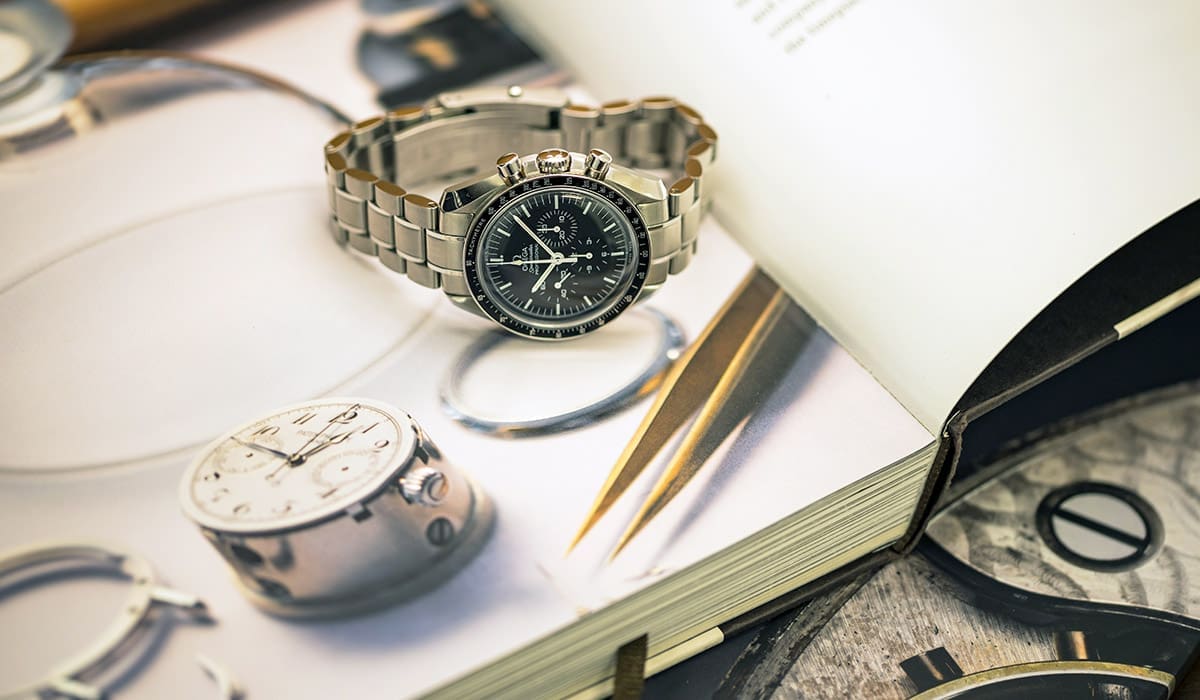In May, E.l.f. Cosmetics launched a channel on the video game live streaming platform Twitch, claiming it was the first global beauty brand to do so. The brand said it would create content and host contests to “help shatter glass ceilings in the world of gaming.”
Instead, E.l.f.‘s Twitch launch quickly received backlash. The beauty brand’s stream did not include any Black gamers, and also focused mostly on women, instead of bringing men and non-binary gamers into the conversation, too. Black creators who had responded to the brand’s Twitter call-out for talent weeks earlier said they felt snubbed, and even after the brand issued an apology, some gamers who weren’t known for their makeup prowess said they were confused why E.l.f. had reached out to them to collaborate.
“It was classic: a big brand making big promises, without doing any real research,” Jenelle Davis, a Florida-based gamer and founder of Gamer Glam Cosmetics, said.
The brand’s desire to get into gaming makes sense: Gaming is experiencing a surge in growth amongst women and female-identifying audiences, and digital marketers say it’s a crucial space for beauty brands to focus on. But missteps are easily made if brands don’t navigate with care, as E.l.f. Cosmetics’ venture into gaming shows. (In an emailed statement to BoF, E.l.f. said it was “just starting our journey on Twitch” and would “look forward to continuing to learn and grow in this space.”)
“The gaming industry is cut-throat, and [gamers] don’t easily forgive,” Davis said.
Marketers say esports — the professional competitive layer to video games — is the perfect space for beauty brands to nab loyal customers. Gamers are beauty-inclined shoppers, according to data firm Interpret; 92 percent have bought beauty products within the last three months.
Gen-Z is also closely intertwined with gaming culture — 90 percent of Gen-Zers are gamers, according to Kantar Research — and so mixing esports with beauty can be marketing gold for young shoppers. It’s a world fashion has begun to tap. In 2020, Nike developed sneakers for Fortnite while Louis Vuitton designed skins for the League of Legends esports championship. Last year, designers like Marc Jacobs, Valentino and Sandy Liang made clothing for Animal Crossing during the game’s Covid craze.
The gaming industry is cut-throat, and [gamers] don’t easily forgive.
But brands must also enter the space carefully, in order to ensure the fanbase feels fairly represented. Experts recommend beauty brands work with a diverse roster of gamers who can help develop appropriate collaborations
“If you want to grow your brand and want a highly engaged audience, it’s a ripe market to go after,” said Tia Christianson, vice president of Interpret, which studies the gaming industry. “But it has to be done in a way that’s mindful of who the audience is.”
All Eyes on Esports
Esports represent a mostly untapped opportunity for beauty. Some brands have made efforts in the space. In 2019, MAC Cosmetics sponsored TwitchCon, the streaming platform’s bi-annual fan gathering; In 2020, Benefit Cosmetics teamed up with Gen G, an esports organisation, for a campaign that highlighted four professional gamers sharing their beauty routines. Many beauty brands, however, are still timid.
“Brands don’t know how to activate in the space because Twitch is very much out of their comfort zone,” said Rachel Feinberg, co-founder of Ateyo, a fashion brand that makes clothes for gamers. “A makeup brand knows what an activation looks like on Instagram, but I think the live content on Twitch feels scary.”
The potential, however, is huge. Though the industry has historically been dominated by men, women now play an important role. There are about 450 million esports viewers worldwide, with female viewers representing 36 percent of that total, according to Interpret, a number that grew by 16 percent over the last year. What’s more, gamers are shoppers: Nearly 60 percent said they purchase items they see advertised in esports events, a 2019 Global Web Index survey found.
Beauty, in particular, plays a large role in gaming culture.
“Men, women and non-binary gamers buy a lot of makeup, and cosplay is also a really big part of gaming culture, too,” said Feinberg. “Almost every pro-player has their makeup done before they go on stage.”
Demi Green, a Florida-based gamer on the professional esports team Dignitas, said she spends at least an hour doing her makeup before she streams.
Almost every pro-player has their makeup done before they go on stage.
“How I do my makeup translates to my gameplay that day; if I do my makeup boldly, I’m more competitive and the stream is lively and energetic,” Green said. “My community is also asking about where I get my makeup from and I’m giving them information.”
Esports also have a fiercely loyal fanbase. Davis said gamers are notorious repeat customers. Gamer Glam Cosmetics’ eyeshadow palettes in the shape of controllers sell out so frequently that Davis now only sells them through pre-orders to stay on top of demand. Feinberg added that esports fans tend to defend brands they care about as well. After Feinberg accused Champion of copying one of Ateyo’s popular gaming sweatshirts, her product quickly sold out.
“The loyalty in the community is nothing I’ve ever experienced,” Feinberg said. “There’s a sisterhood in gaming.”
Josh Chapman, a managing partner at venture capital firm Konvoy Ventures, an early-stage venture fund dedicated to video gaming, said beauty brands should be early in the space before it becomes flooded.
“Just like the NBA and Michael Jordan made Nike cool, the same dynamic is going to happen within esports,” said Chapman. “There’s an immense following of personalities and it’s a viral community.”
How to Work with Esports
Recognising the opportunity in gaming is one thing; taking advantage of it is another. Gamers acknowledge the community is tight-knit and might seem hard to penetrate. But they also say brands who can demonstrate they’ve done their research will be embraced.
Beauty brand NYX Cosmetics took a learning approach in a partnership it launched last week with the esports team Dignitas, sponsoring several of its gamers. Yann Joffredo, the brand’s global president, said NYX hired two gamers to its marketing team in order to ensure it was learning the community’s intricacies.
“Gaming is a whole new frontier for us, and we know what we don’t know,” said Joffredo.
Joffredo said NYX sees esports stars as crucial to staying on top of internet culture. He said he eventually wants debut products specifically for gamers, like “foundation with blue light protection,” but said the brand would first spend time listening and learning from its Dignitas partners.
Gaming is a whole new frontier for us, and we know what we don’t know.
“[Dignitas] brings a cool factor that helps us stay culturally relevant,” he said. “We have to be careful to be mindful of the community, to listen and learn first, study and do our homework and then see what the needs are.”
To start, Christianson said brands must ensure there’s a diverse list of esports stars in any collaboration. Gamers are particularly sensitive to issues around diversity and inclusion ever since the 2014 Gamergate controversy, in which female and progressive gamers were subject to widespread harassment. Feinberg said brands need to be “extra thoughtful.”
Gamers will also spend their beauty dollars with brands that help move the community forward, Feinberg added. She recommended beauty brands create campaigns that drive awareness to women in gaming and support them too, to “provide resources, create [opportunities] that will benefit the community.”
To resonate with a gaming audience, she said, brands need to create smart, creative brand collaborations that go beyond the typical influencer-sponsored campaign that solely promotes products.
“We often say that our community is smarter than us; they are exceptional professionals, often with master’s degrees or PhDs, or just really hard-working college students and nothing gets past them,” said Feinberg. “They expect transparency and authenticity.”
Related Articles:
Can Fashion Cash In on the Animal Crossing Craze?
Would You Buy a Virtual Pair of Nikes?
A New Game Could Be Fashion’s Farmville. Will People Pay to Play?





More Stories
5 Tips For Launching a Blog to Highlight a Brand
Promotions – a holiday gift for shopper and retailer
10 Makeup Items I Reach For Everyday & Would Never Be Without – The Anna Edit